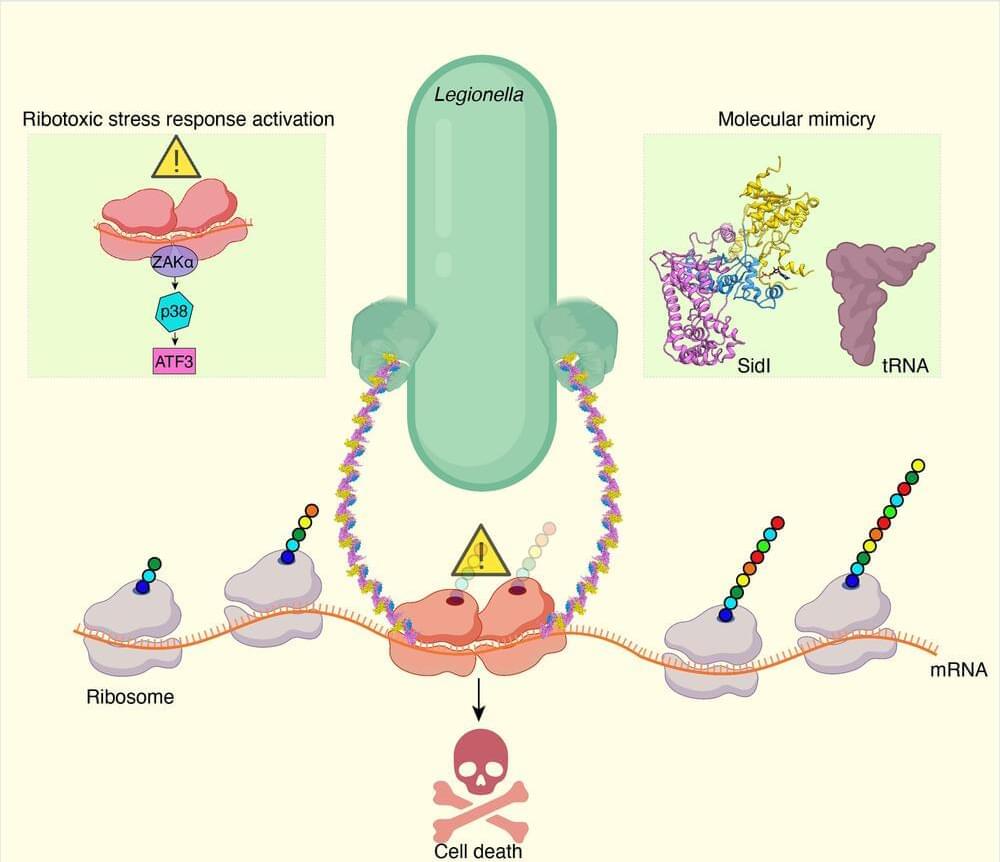The central dogma of molecular biology postulates that the information packets encoded within the molecules of deoxyribonucleic acid (DNA) are first transcribed into molecules of messenger ribonucleic acids (mRNAs), and then subsequently translated/decoded to generate molecules called proteins.
Proteins are essential biomolecules that are composed of multiple smaller subunits called amino acids. These amino acids are stitched together via peptide bonds and contribute to the shape, size and charge distribution that the protein, as a sum of its amino acid parts, eventually exhibits.
For cells to make proteins, they need to decode the language of the mRNA (nucleic acid) and translate that into the language of proteins (amino acid). This process is described in molecular biology textbooks interchangeably as mRNA translation or protein synthesis.










Comments are closed.